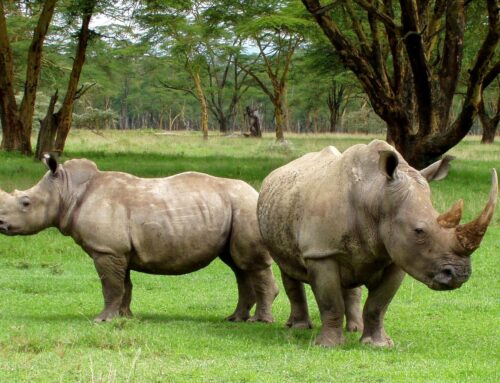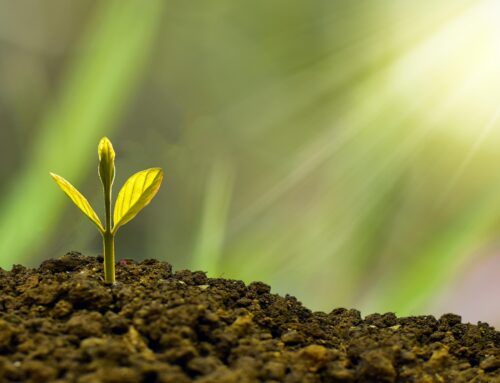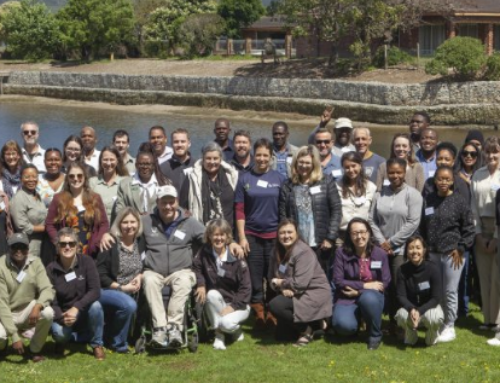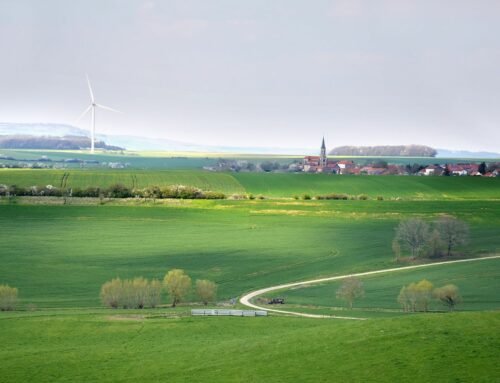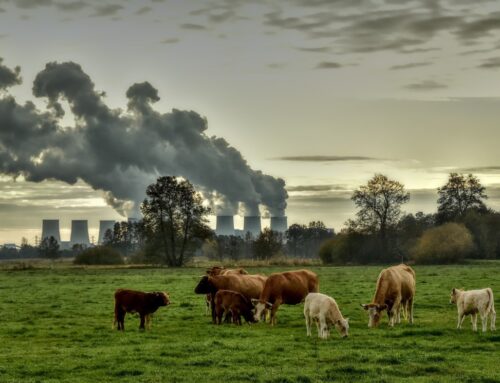CALL FOR APPLICATIONS
MSc at the University of KwaZulu-Natal (Two opportunities)
Centre for Water Resources Research (2020 – 2021)
Towards sustainable and equitable management of water resources: Understanding the interlinkages between water, ecosystems and society through spatial mapping of ecosystem services and livelihood benefits.
Project background:
Smallholder communities in the uKhahlamba Drakensberg Mountains depend on the natural resource base of their lands to sustain agriculture, water resources and ecosystem services for their livelihoods and well-being. Climate change, poverty and degraded landscapes call for urgent need to implement sustainable management strategies for securing these resources. Sustainable management of water and natural resources that concurrently promotes development is a complex issue and needs to be addressed from various angles simultaneously. This Water Research Commission funded project brings together experts from various scientific disciplines (hydrology, ecology and sustainability science), community development practitioners and local communities, using a transdisciplinary, participatory approach to develop a decision-support framework for sustainable water and natural resources management in the smallholder communities in the Drakensberg. The project team is a consortium of scientists from the Centre for Water Resources Research at UKZN, South African Environmental Observation Network (SAEON) and Mahlathini Development Foundation.
Ecosystem services, the benefits humans obtain from interacting with ecosystems, relate to many dimensions of human well-being. The ecosystem services being generated in a given area, depend on complex interlinkages between the natural environment, human skills and decisions, technology and infrastructure, social-cultural organization and institutions. A deep understanding of the natural resource base as well as the use and needs of the land by people is required simultaneously to guide decision-making. Assuring sustainable management of natural resources in a smallholder agricultural community by focusing on the long-term provision of ecosystem services is a means to sustain livelihoods and the human well-being of its inhabitants – a task critical in South Africa, and the particular study area. Novel ways of assessing different kinds of ecosystem services (e.g. provisional, regulating and cultural), as well as linking them to livelihood strategies, makes the ecosystem service concept particularly useful for exploring human-nature benefits and values associated with different kinds of land uses, property regimes and social-cultural contexts. The two advertised MSc candidates will address this from two different angles as follows:
MSc topic 1: Mapping and evaluation of water and soil related ecosystem services and biodiversity
The MSc candidate under this topic will conduct mapping and evaluation of the natural resource base in the study area by interrogating available databases as well as in-field surveys (e.g. vegetation, erosion mapping) to determine parameters and indicators related to water resources, ecosystem health and biodiversity. These parameters will be incorporated into mapping of the spatial distribution of water and soil related ecosystem services (current and potential) across the landscape and form part of a spatial decision-making tool that will inform sustainable management of water and natural resources.
MSc topic 2: Participatory mapping and analysis of land use, ecosystem services and livelihoods
The MSc candidate under this topic will conduct participatory mapping of fine-scale, locally relevant land uses (social-ecological patches), by combining available land use maps and local stakeholder knowledge. The social-ecological patches will be used for participatory mapping of the spatial distribution and interlinkages between associated ecosystem services and livelihood benefits. Interviews and focus group discussions will be conducted to assess community members’ benefits, values and needs related to the land uses, ecosystem services and livelihoods. This project will apply a gender and equity sensitive approach to identify underlying power dynamics and inequalities that undermine sustainable and equitable outcomes of land and water resources management.
Both MSc students are envisaged to work collaboratively with each other, the project partners, and communities to create synergy for the project. Findings from MSc project 1 will partly inform MSc project 2 and vice versa. Please contact Dr. Rebecka Henriksson Malinga at MalingaR@ukzn.ac.za or Dr. Michele Toucher at Michele@saeon.ac.za for more information.
Eligibility:
The successful candidates should be driven, disciplined, be capable to work as a member of a team, and be able to set and meet own deadlines. Computer proficiency and familiarity with GIS is a must. The candidates must have a background in hydrology, geography, ecology, water resources or natural resources management, environmental science, or related field. Proficiency in English and isiZulu, both verbal and written, is required. Experience in rural community involvement is of great advantage. Both candidates are expected to be present for regular meetings with supervisors and the project team in Pietermaritzburg and be available to conduct field work in the Drakensberg.
Scholarship package:
Funding is available for the completion of an MSc within the specified timeframe (two years, 2020-2021). An MSc bursary of R90,000 per annum is commensurate with established rates for the Centre for Water Resources Research for the 2020 academic year.
How to Apply:
Email the following to Dr. Rebecka Henriksson Malinga at MalingaR@ukzn.ac.za, the latest 6 January 2020:
• A letter of motivation (1 page) including example/s of team work
• A brief concept note relevant for one of the topics above (1 page)
• CV including at least three traceable references
• Academic record
• A copy of your ID
Within one week thereafter, relevant candidates will be contacted for an interview. If you have not been contacted by 13 January 2020, your application has regretfully not been successful.
We are looking forward to receiving your application!



